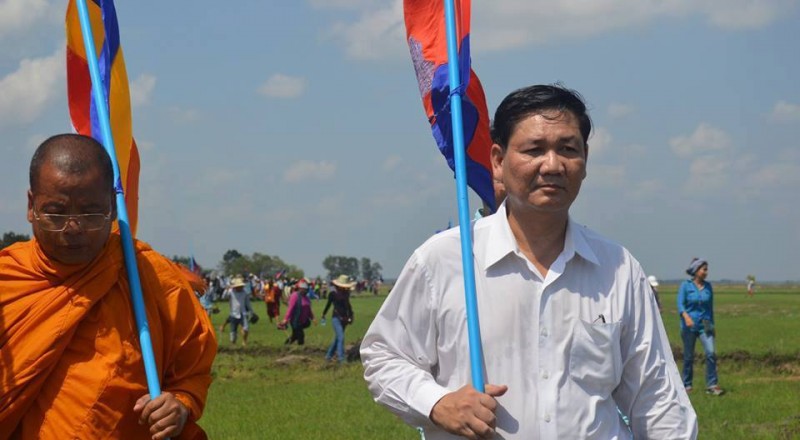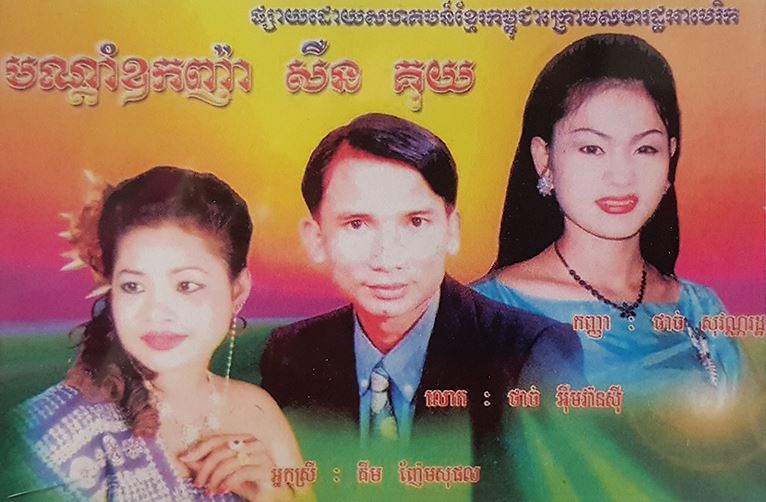Government of Canada advances implementation of the United Nations Declaration on the Rights of Indigenous Peoples Act
ថ្ងៃសៅរ៍ ៧កើត ខែមិគសិរ ឆ្នាំឆ្លូវ ត្រីស័ក ព.ស.២៥៦៥ ត្រូវនឹងថ្ងៃទី១១ ខែធ្នូ គ.ស.២០២១
Saturday the 7th Waxing Moon of Māgasira B.E.2565 equivalent to December 11, A.D.2021 Year of the Cow
Canada NewsWire Implementing the United Nations Declaration on the Rights of Indigenous Peoples Act (the Act) requires working in partnership with First Nations, Inuit and the Métis Nation to develop an action plan that identifies specific measures to implement the United Nations Declaration on the Rights of Indigenous Peoples (the Declaration), thereby enabling Indigenous peoples to enjoy the minimum standards for the survival, dignity and well-being of their respective peoples.
Implementing the United Nations Declaration on the Rights of Indigenous Peoples Act (the Act) requires working in partnership with First Nations, Inuit and the Métis Nation to develop an action plan that identifies specific measures to implement the United Nations Declaration on the Rights of Indigenous Peoples (the Declaration), thereby enabling Indigenous peoples to enjoy the minimum standards for the survival, dignity and well-being of their respective peoples.
The Honourable David Lametti, Minister of Justice and Attorney General of Canada today launched a consultation, cooperation and engagement process with Indigenous peoples to advance implementation of the Act. In keeping with the Act, the Government of Canada will work in partnership with Indigenous peoples to develop an action plan to achieve the objectives of the Declaration, including measures for ensuring that federal laws are consistent with the Declaration.
As a first step, funding is now available to Indigenous peoples and their governments and organizations, through a call for proposals, to support their participation in the consultation, cooperation and engagement process. This includes funding to support Indigenous-led consultations on action plan measures, including measures to ensure the consistency of federal laws with the Declaration, and annual reporting on progress. Through the consultation, cooperation and engagement process, Indigenous peoples, groups and organizations will have the opportunity to share their views and priorities for the implementation of the Act through a variety of avenues and methods over the coming months.
The outcome of this collaborative work will help advance reconciliation and strengthen Nation-to-Nation, Inuit-Crown, government-to-government relationships with Indigenous peoples based on the affirmation of rights, respect, cooperation and partnership. Advancing this joint work is a key part of our collective efforts to address the legacies of colonialism, violence, systemic racism and discrimination faced by Indigenous peoples in Canada.
Quotes
“Since the introduction of Bill C-15 a year ago, we have continued to consult and engage with Indigenous partners and organizations to discuss the implementation of the Declaration and the Act, and the path forward. This process is about taking action to uphold human rights and advance reconciliation in a tangible way. Together, we must ensure that the rights of all Indigenous peoples are recognized, honoured, and respected. We look forward to hearing more from Indigenous partners on their priorities for the action plan.”
— The Hon. David Lametti, Minister of Justice and Attorney General of Canada
“The priorities and rights of First Nations, Inuit and Métis will be the starting point for this historic work to implement the Act and put the United Nations Declaration on the Rights of Indigenous Peoples into action. This is a critically important opportunity to work together on concrete measures to address injustices, combat prejudice, and end systemic racism and discrimination. We will work together to promote and uphold Indigenous rights, which are the roots from which justice, equality and respect will grow.”
— The Hon. Marc Miller, Minister of Crown-Indigenous Relations
Quick Facts
The United Nations Declaration on the Rights of Indigenous Peoples is an international human rights instrument that affirms the minimum standards for the survival, dignity and well-being of Indigenous peoples throughout the world.
On June 21, 2021, Bill C-15, the United Nations Declaration on the Rights of Indigenous Peoples Act received Royal Assent and became law.
Implementing the Declaration responds to the Truth and Reconciliation Commission’s Call to Action 43, the National Inquiry into Missing and Murdered Indigenous Women and Girls’ Calls for Justice and supports the Federal Pathway.
The Act provides a road map for the Government of Canada to work in consultation and cooperation with First Nations, Inuit and the Métis Nation on the development of an action plan, including measures to ensure federal laws are consistent with the Declaration.
As per the Act, the Government of Canada must fulfil three inter-related legal obligations in consultation and cooperation with Indigenous peoples:
The consultation, cooperation and engagement process will be broad, inclusive and distinctions-based. It will include consultations and cooperation with First Nations, Inuit and Métis rights holders, including modern treaty signatories, self-governing nations and historic treaty partners, as well as with national and regional Indigenous representative organizations. It will also include engagement with Indigenous women, youth, Elders, persons with disabilities, 2SLGBTQQIA+ persons, as well as urban and other Indigenous organizations and groups.
Related
សូមគាំទ្រឧបត្ថម្ភ សហគមន៍ខ្មែរក្រោម Support KKC
សូមអរគុណដ៏ជ្រាលជ្រៅចំពោះសប្បុរសជននូវវិភាគទានទាំងនេះ។
We’re On Facebook

Sign in
Click here to reload the page over ssl.




